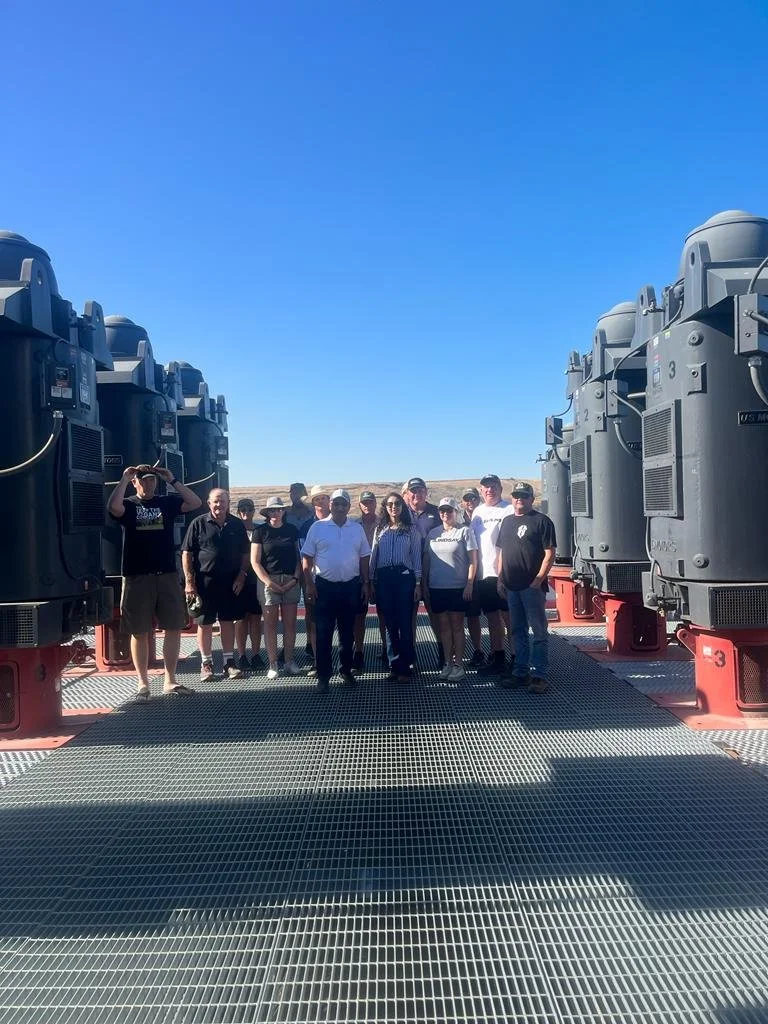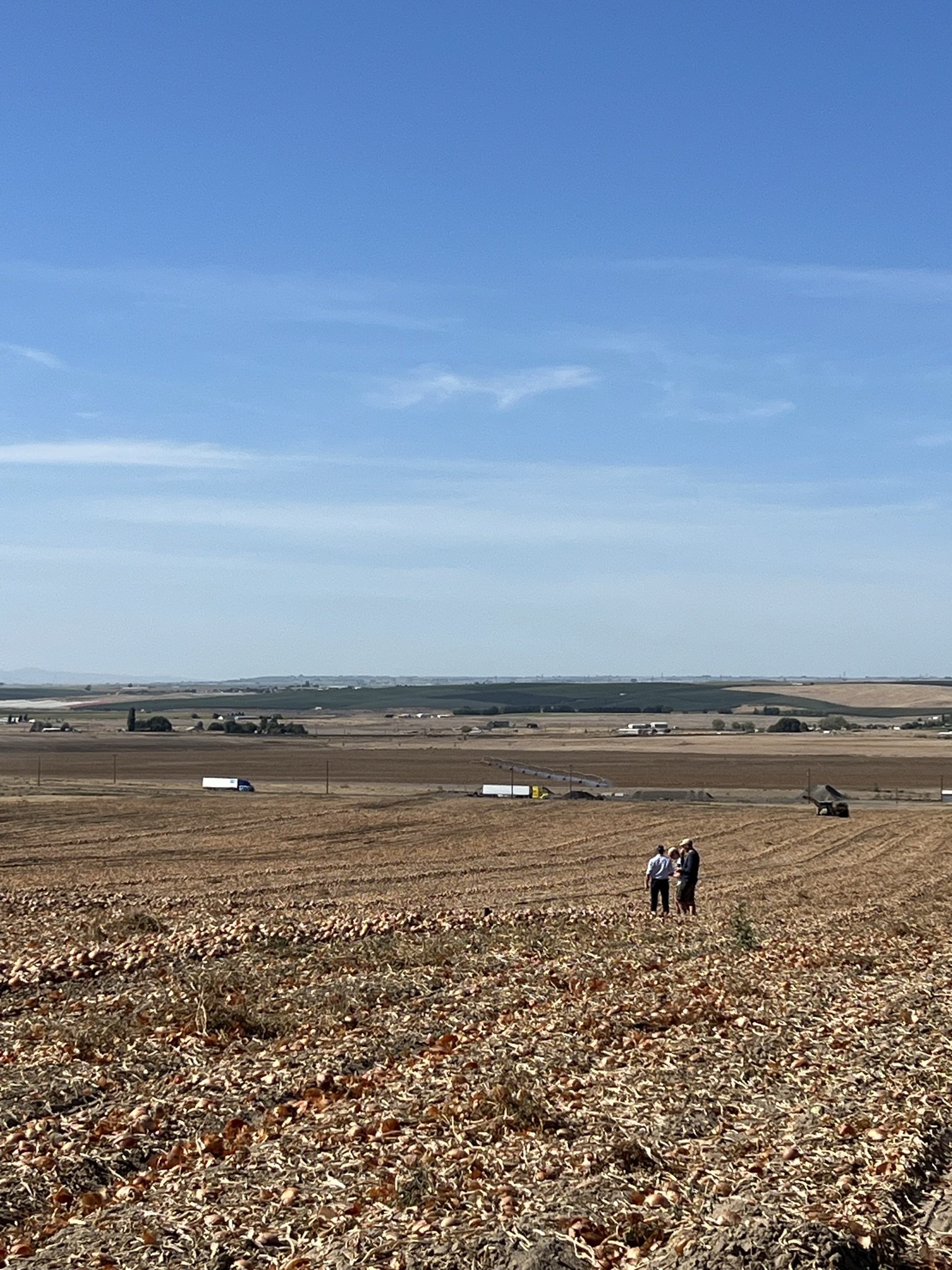TRAILBLAZER IRRIGATION STUDY TOUR 2023
International collaboration could help drive sustainable water management in New Zealand
New Zealand should be taking a more collaborative international approach to efficient sustainable water management says Irrigation New Zealand Chair Keri Johnston.
Her comments come following a United States irrigation study tour recently for New Zealand and Australian farmers. The tour was driven by feedback from farmers and growers involved in the Zimmatic Trailblazer Sustainable Irrigation Awards and Irrigation New Zealand’s plans to host a tour of its own. It made sense to combine the two.
A group of 12 farmers from New Zealand and Australia travelled to Nebraska, Oregon, and Washington in September. They explored the latest research, manufacturing, regulation, and on-ground farming in irrigation and water management in the United States.
Keri says she appreciated seeing the ground-up approach being taken to water management in Nebraska.
“Regulation is supporting farmers to achieve the desired outcomes using a supportive collaborative model in resource management districts, rather than a blanket dictation of outcomes.
“The tour also underlined the stark differences in scale between New Zealand and the United States. New Zealand is a very small dot at the bottom of the world. For me, this experience has emphasised the potential for global collaborations in shaping sustainable agricultural practices.”
The group visited the Daugherty Water for Food Global Institute at the University of Nebraska which works to address the global challenge of achieving food security with less stress on water resources.
They also visited the Nebraska Association of Resources Districts (NARD), the trade association for Nebraska’s 23 Natural Resources Districts (NRD). NARD assists the NRDs to conserve and improve natural resources and environmental management using a grassroots approach.
Sarah Elliot, Coordinator of Zimmatic Trailblazer Sustainable Irrigation Awards, says the tour opened her mind to the idea that food security and sustainability are global issues that need a global response.
“We farm around the world in varied climates, environments, and stipulations, but all for the same purpose: to provide the food and natural fibre needed by our global population.
“The number of acres farmed in New Zealand is so small compared to the global total that we are not going to create meaningful change on our own. I see huge opportunity for more international learning and collaboration to help our farmers and growers achieve their goals.
“In addition to the learnings we took away, the new connections made on the tour also open the door for this to happen and create opportunities to continue improving sustainable farming practices and irrigation management in New Zealand.”
Doug Dolan, who is Production Manager for BEL Group Farms in Waipukurau, says the tour illustrated the similarities of environmental concerns between the United States and New Zealand, but he noted the difference in scale and technological advancements.
“While the scale of operations was different, United States farmers have similar environmental issues to us,” he says. “There was certainly more use of technology and more focus on water and nutrient efficiency. It changed my thinking around how we can use tech and AI to drive more efficient water use.”
Karl and Rowena McDiarmid are owners of Gorge Creek Flats Farm in Central Otago. They say the tour opened their eyes to the advancements in variable-rate irrigation which is a technology they are interested in investing in.
“Lindsay’s FieldNET (remote irrigation management platform) has everything we have been waiting for, so I can see that as our next big investment,” says Karl.
Ben Johnson, Managing Director of Bodiam Dairies Ltd in Ashburton says he has already implemented new effluent sprinklers on his farm, following the tour.
“I learnt a lot about sprinklers from our tour of Nelson Irrigation. I’ve changed some effluent sprinklers and added some Nelson R55 end sprinklers since getting home,” he says.
A presentation to the group by Dr Joe Luck from the University of Nebraska–Lincoln on nitrogen management using sensor-based fertigation management inspired Ben. As a result, he is now splitting nitrogen applications on crops with the aim of reducing applied nitrogen and while maintaining crop yield.






